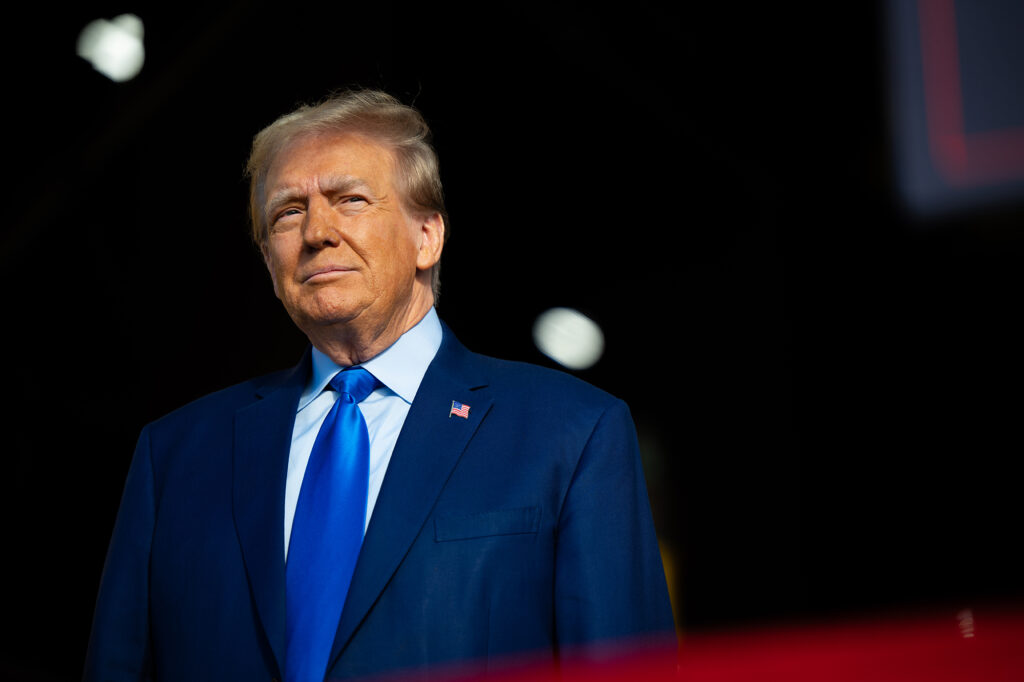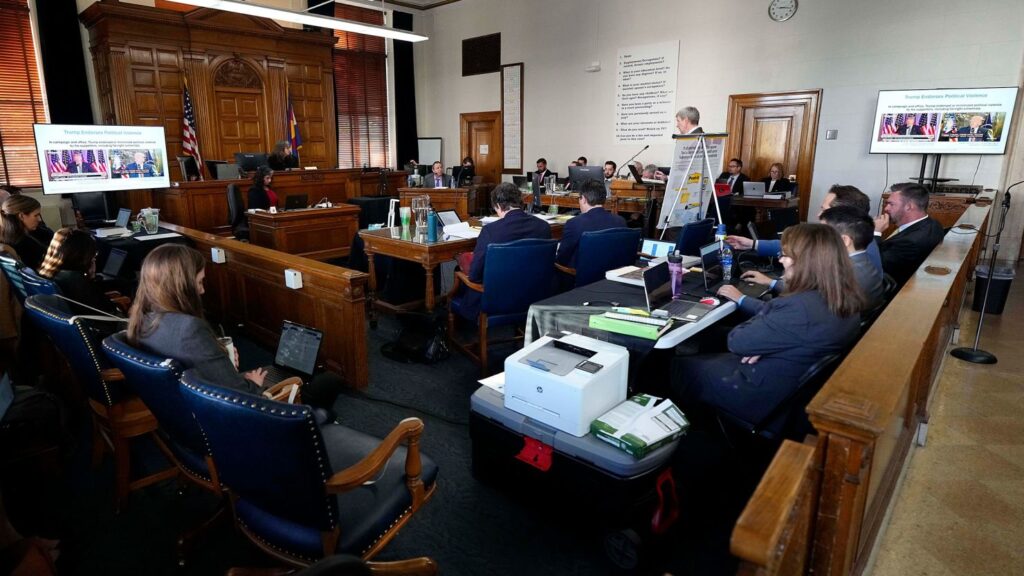On January 6th, 2021, a violent riot, borne out of the political division of a nation, wreaked havoc on the stability of the United States. Leading to one police officer’s death and a near upturn of democracy, the impacts of the riot were apparent and devastating, at the heart of it was the President, whom many have accused of actually inciting the coup. In the following two years we’ve been seeing a recurring question: can the honor of holding office be overturned by a nearly 200-year-old amendment? Has the Trump v. Anderson Supreme Court Case finally set a precedent on what the 3rd section of the Fourteenth Amendment means for the U.S?
After the former president’s four indictment counts in the states of New York, Florida, Georgia, and the District of Columbia, his role in attempting to overthrow the decision of the 2020 election was apparent. What remained undecided, however, was his eligibility in the 2024 presidential election until a group of voters (both Republican and unaffiliated), decided to file a suit to remove Trump from the ballot in their home state of Colorado for violating the Fourteenth Amendment. Specifically, their representative lawyer Norma Anderson, quoted the third section which reads as follows:
No Person shall be a Senator or Representative in Congress, or elector of President and Vice President, or hold any office, civil or military, under the United States, or under any State, who, having previously taken an oath, as a member of Congress, or as an officer of the United States, or as a member of any State legislature, or as an executive or judicial officer of any State, to support the Constitution of the United States, shall have engaged in insurrection or rebellion against the same, or given aid or comfort to the enemies thereof. But Congress may, by a vote of two-thirds of each House, remove such disability.

Anderson claims that Trump violated the amendment when he failed to stop the riot that happened at the capitol on January 6th. The case initially went to a lower circuit district court where it was decided that Trump had violated the amendment; however, the court held that Section 3 did not apply because the Presidency, which Section 3 does not mention by name, is not an “office . . . under the United States” and the President is not an “officer of the United States” within the meaning of that provision.
Anderson then appealed the case and it went to the Colorado Supreme Court, where in December, the Court reversed in part and affirmed in part by a 4-3 vote. Citing that the president was in fact “an officer of the United States” and “that Congress need not pass implementing legislation for disqualifications under Section 3 to attach” as well as affirming the notion that the former president had in fact incited an insurrection at the Capitol, and that his action was not protected by the 1st amendment of free speech.

Post the Colorado Supreme Court ruling, the defendant, Mr. Trump, had several objections and thus appealed to the Supreme Court of the United States. After the docket was revised, the justices made their final ruling, a 9-0 to reverse the decision. All the justices agreed that individual states may not bar candidates for the presidency under Section 3 of the 14th Amendment, instead, they argue that this power is one belonging to Congress and Congress alone. They did not comment on whether the president committed an insurrection, claiming that it was not within the bounds of the appeal they were attempting to resolve.
Though she concurred, Justice Sotomayor gave this opinion: “Nothing else in the rest of the Fourteenth Amendment supports the majority’s view. ‘Section 5 gives Congress the “power to enforce [the Amendment] by appropriate legislation.” Remedial legislation of any kind, however, is not required. What it does today, the Court should have left undone.’ Sotomayor’s venom comes with her idea about what should come next if voters elect Trump. Sotomayor, Kagan and Jackson seem to believe that federal courts might be able to consider Trump’s eligibility again in the election’s aftermath.

